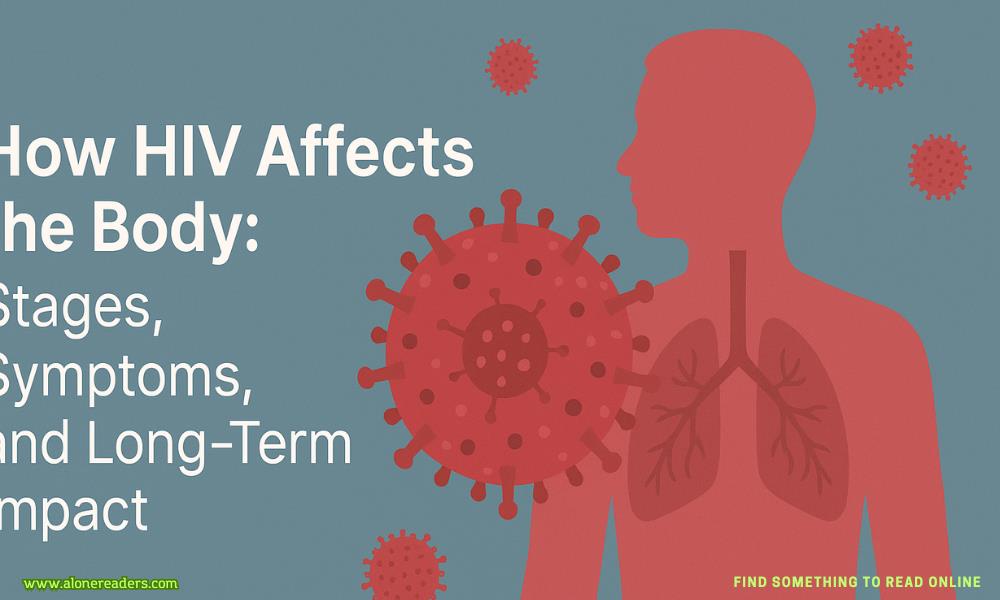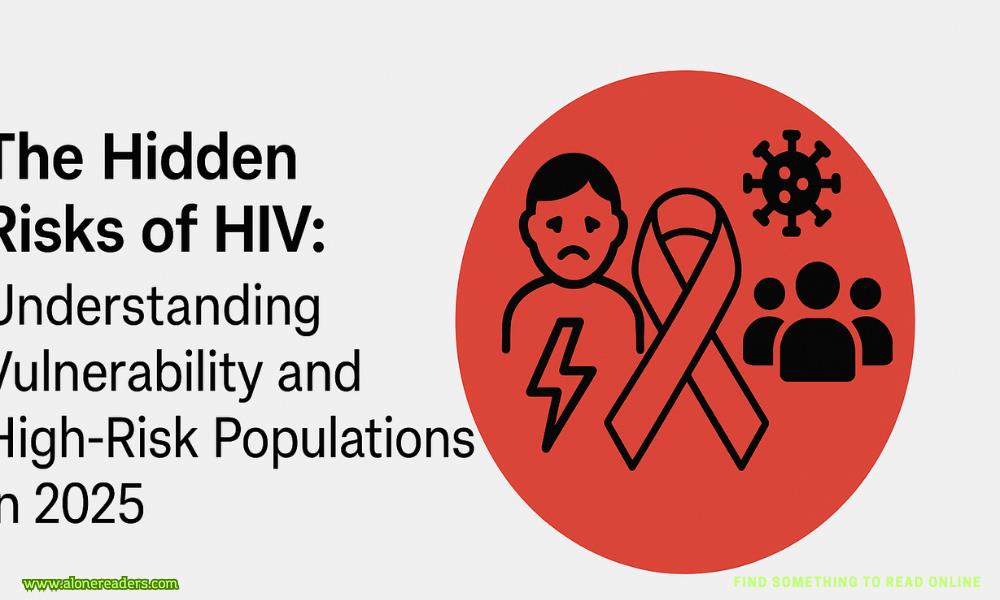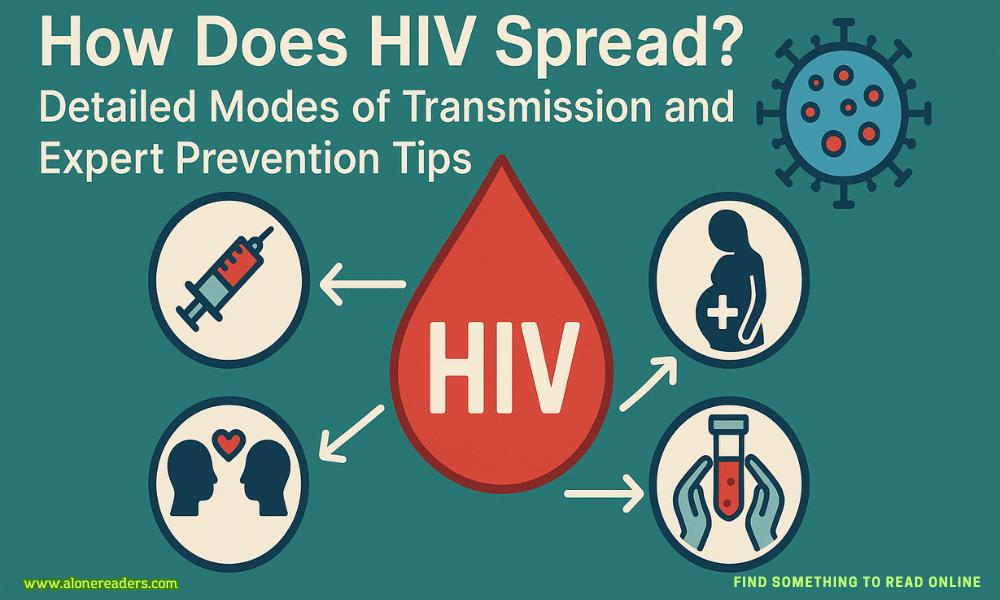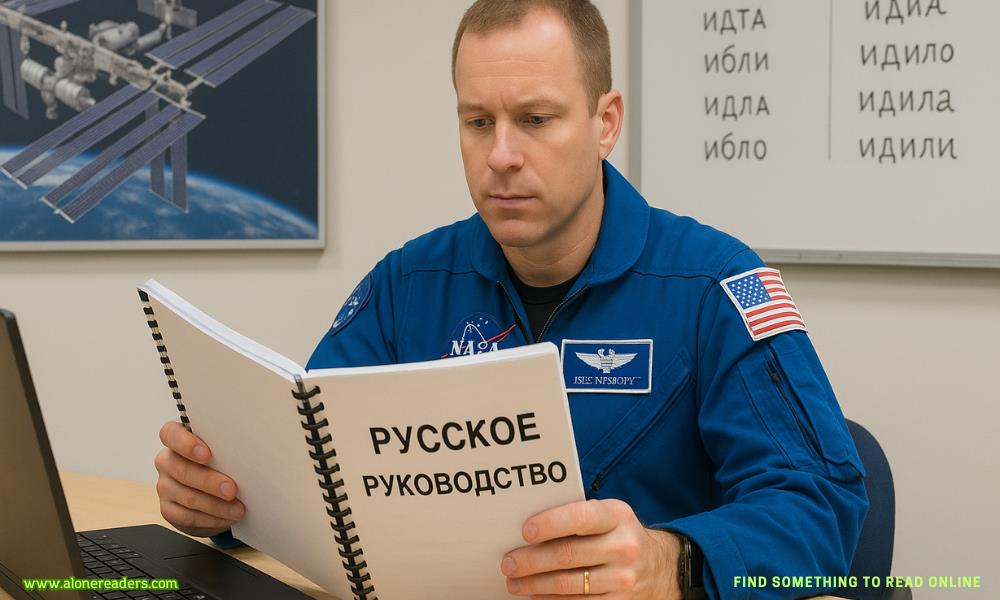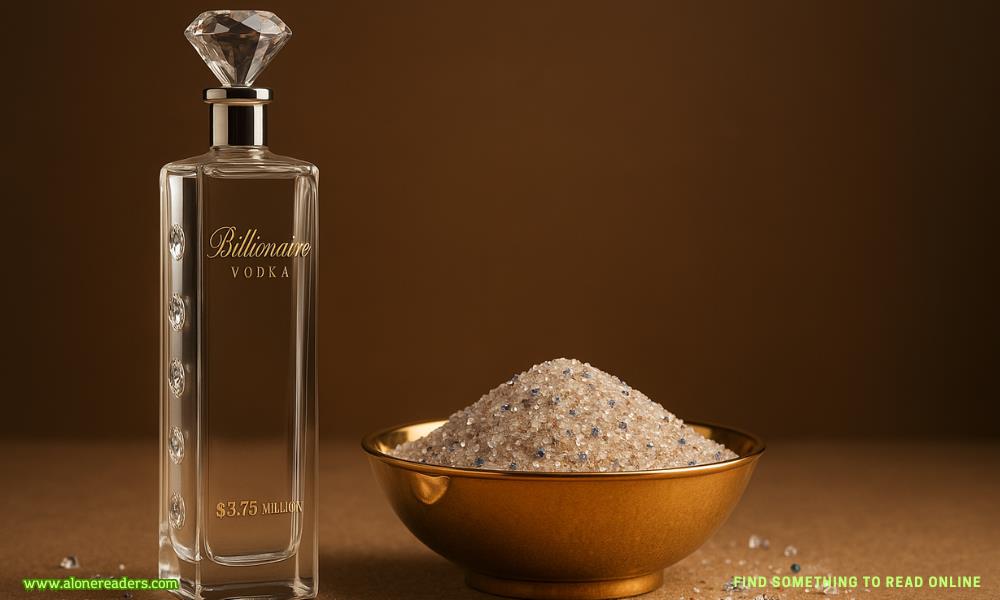Page 34 of Take Me Home
She could hear her father down the hall, running water in a tub and threatening the animal in a way that sounded amused, not angry. She’d wanted a dog growing up. She’d thought when her mom left, her father might relent on a puppy, but he’d told her he didn’t have the time or energy to be a good pet owner. He hadn’t been wrong.
The girl petted the bird gently, both of them visibly ruffled. On her way out of the kitchen, she paused to say politely to Hazel, “Hi, by the way. I like your boots.”
Val began putting cookies in Tupperware, and Hazel smoothed her palms down her thighs, willing the clammy nervousness away. She found her voice and offered to mop the floor, half expecting Val to say no, she was a guest. But Val nodded toward the closet. “That’d be great.”
And so, she went from feeling like an intruder to doing chores. Hazel got to work on the trail of mud from the back door around the kitchen island and into the living room, where the Christmas tree lay. After putting their dinner in the oven to stay warm, Val swept up the broken ornaments. Eventually, Hazel’s father took the now-clean dog to a bedroom then returned to help Val right the tree. It was artificial, and its center pole had cracked, so they disassembled it instead.
When they finally sat down to eat dinner, a boy arrived. He looked about the same age as Dr. Sheffield’s students, baby-faced but confident, on the cusp of adulthood. He wore a Lockett Prairie High marching band sweatshirt. “Sorry I’m late,” hesaid, breathless. “I forgot the cans. The guy at the gate was a dick.”
“Raf,” Val warned.
“You were supposed to be back an hour ago to walk your stupid dog,” the girl said. “He nearly killed Maddie.”
“Lucy,” Val said. Then she straightened. “Oh, we didn’t do introductions. Hazel, these are my kids, Rafael and Lucia. I’m Valentina, but everyone calls me Val.”
Both the kids corrected her with the nicknames she’d already called them, Raf and Lucy.
“Just Hazel,” she said. “No nickname.”
The name her father used to call her, Hazelnut, bubbled up. Was he thinking of it, too? Because of all the chaos, they hadn’t even hugged when she’d arrived, and now he was seated two chairs away. His hair was shorter, and he’d stopped dyeing it. He’d told her he was going to when she last saw him at graduation in May, self-consciously chuckling about his vanity, and new gray streaks cut through his nearly-black brown hair. He looked older, but relaxed, comfortable in his skin, in this house.
During dinner, everyone interjected and talked over each other but somehow maintained the various threads of conversation, passing side dishes around. Hazel lacked instincts for how and when to speak up herself, like entering a game of double Dutch. She worried if she did, everything would grind to a halt.
Then, like it was a standard procedure, they all pulled up calendars on their phones to discuss their schedules. Lucy had extra rehearsals for a choir concert. Raf was starting a dual credit mini-mester at Midland Community College. Val was taking cookies to a nursing home. Hazel’s father had his last day of work at the station until two days after the wedding.
“You have Christmas off? Like,offoff?” Hazel asked.
He nodded, but his gaze dropped. He took great care to stab several green beans with his fork before removing them and grabbing a bite of chicken instead. Maybe he knew what she was thinking. That he’d never once takendaysoff during the holidays. If he had Christmas morning off, he worked Christmas Eve. Even then, an ice storm within a hundred-mile radius could pull him out into the field all day for a spaced-out string of two-minute updates, or to the station to pore over models and reports. Rather than use the single dad card, he’d left her with babysitters or, once she was old enough, alone. OnChristmas.
Hazel supposed some rookie reporter got those holiday assignments now.
“That’s great,” she said, quiet.
Dinner lasted a full hour. Afterward, she felt like she’d extroverted for a whole day, so when Val suggested they help her take her things to her room, she sagged a little at the impending relief of being alone.
The guest room was anything but the HGTV-neutral, bland one she expected. Opposite the door was an enormous photo print of a foggy, tree-dense mountainside. The wall color was moody, dark teal, which should have made the space feel small but somehow had the opposite effect, like a bottomless well. The L-shaped room featured a nook with a window seat and leafy plants. Her eyes flitted from one detail to the next, unable to take it all in at once—a vintage library catalog in the corner, a white desk topped with a set of mint-colored hardback reference books, eight framed illustrations evoking inkblot tests but with vibrant colors and textures, a bright yellow typewriter. The same maximalist aesthetic as the rest of the house, but moodier and somehow exactly her taste.
Then, she saw the framed photo of herself at about ten, doingher best impression of a French sophisticate, her hair tucked under a forest-green beret so it looked cropped, a pale pink scarf knotted at her throat, pencil propped between her fingers like a long cigarette. She cringed at the thought of anyone seeing, let alone framing, this photo. Wasn’t this a guest room?
“We should let you get settled,” Val said.
Her father, who hadn’t quite made it all the way into the room, drummed his fingers on the doorframe and stepped back to let Val squeeze out. He turned his shoulders but not his feet after his fiancée. They still hadn’t hugged. Was he waiting for Hazel to reach for him? Most fathers didn’t need their daughters to reach out first, did they?
“The room is really great,” she said.
His chin dipped in acknowledgment. “Okay. Holler if you need anything.”
Hollerif she needed anything? He didn’t crack a smile or give any indication that he’d said this with irony.
He did, however, step into the room and bend to loop his arms around her. It wasn’t a tight embrace, but for the few seconds of contact, Hazel’s senses were soothed with the hard-wired, familiar scents of Carmex and his clean aftershave, the light scratch of his short hair against her cheek, and the exact way that she fit with him, always small, always safe. She brought her hands up to loosely clutch his arms until he cleared his throat and stepped back.
With a rap of his knuckle against the door, he asked, “Open or closed?”
“Closed.”
Chapter
Nine
- Bought & Bred By the Bratva by Imani Jay
- Bratva Daddies for the Single Mom by Lisa Cullen
- Trapped By the Bratva by Ava Gray
- Freak by Vivian Mae
- Her Dom's Secret Past by Suzy Shearer
- Honey Trapped by Glenna Maynard
- Crossed Wires: The Complete Series by Mari Carr
- Bound By the Bratva by Ariana Cooper
- A Cage of Magic and Darkness by Marissa Farrar
- Enjoying the Ride by Cassandra Dee
- The Spring in My Heart by J.L. Lora
- Shattered Promise by Penelope Black
- Blood Queen by K. Larsen
- All of You by K. Larsen
- Tangled Souls by Ember Davis
- Obsessive Love by Aubry J.

